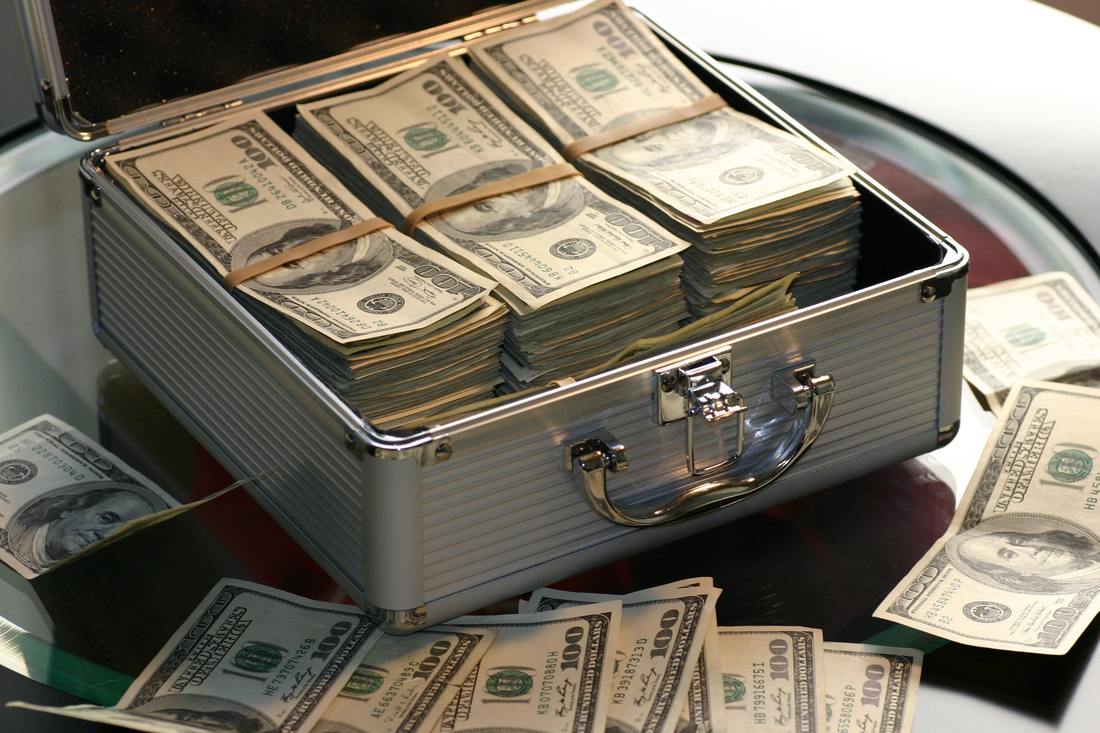|
For small business owners claiming business on running costs can be a useful way of subsidising expenditure and injecting cash flow. This process involves businesses paying tax on their profits, and removing the cost of expenses from the final amount paid. Moreover, knowledge of possible deductions can help give SMEs a better chance of survival through different avenues. But what is it possible to claim for? Loans and Overdrafts: Smaller organisations aiming to save money on their tax bills ought to bear in mind that interest incurred on overdrawn business loans and bank accounts is typically deductible. Therefore, as a general rule of thumb it's advisable to utilise company funds rather than borrowing money personally. Pension Contributions: It's also worth noting that it's possible to receive tax relief for pension contribution, up to the corresponding contribution limit in certain instances pension contributions are made by the business on behalf of their employees. However, contributions can also be made as an individual, a sole trader or partner. Furthermore, this tax relief also extends to any family members working within the business. Driving Costs: Thirdly, partners and sole traders are able to claim a percentage of the cost of driving their cars, applicable running costs include fuel, insurance, road tax, repairs, and maintenance. The proportion of costs that entrepreneurs are able to reclaim is determined by business mileage on a pro-rata basis: commuting to work does not qualify as a business journey. Similarly, most small businesses are able to claim capital allowances on new vehicles bought within the accounting period, and the amount of capital allowance an individual is eligible for is determined by the proportion of business use the vehicle gets. Furthermore, new cars receive one year's allowance the year they're bought, for that reason there are tax benefits to regularly changing cars. Travel and Subsistence: In the event that business duties take entrepreneurs further afield, all costs incurred as a result of subsistence, work, or travelling are allowable, and what's more is that these expenses are undisclosed to HMRC. For instance, if a job requires journeying abroad, both the cost of getting first class flights and traveling by ferry would both be fully allowable, therefore it's possible to save money on an equivalent service rendered abroad when compared to those at home. Working from Home: It's quite common for small business owners to work from home, whether that's the business headquarters or just the occasional admin task. In any event, it’s possible to claim a proportion of their household bills such as council tax, utilities and other expenses from HMRC, the amount each individual is entitled to is decided by the size of the property and how much business use it gets. Telephones: Sole traders and business partners are able to reclaim costs incurred as a result of business calls made on private landlines or mobile phones. In addition: directors and shareholders can do the same for calls made from home phones. It's also possible for small business proprietors who have a phone used solely for business purposes to claim line rental as well. Furthermore, it's possible to forgo any benefit in kind (BIK) contributions, for being given a company phone by an employer. Decoration & Refurbishment: Another useful tax deduction that small businesses can make use of pertains to redecorating areas of your business space that are visible to the clients, customers and the public. This can apply to anything from paint and tools to furniture, paintings and antiques, but it's also worth noting that in order to claim this relief business owners must make a case justifying their expenditure and receipt of this relief is at HMRCs discretion. Business Events: Finally, the cost of staff parties and other forms of team entertainment are typically deductible, this normally applies to annual dinners and Christmas parties. Moreover, there will not be any BIK for personnel in regard to business events as long as the cost of the event does not exceed £150 per person. For more information on how to save money in your small business, visit Cottons Accountants.
Comments are closed.
|

 RSS Feed
RSS Feed
